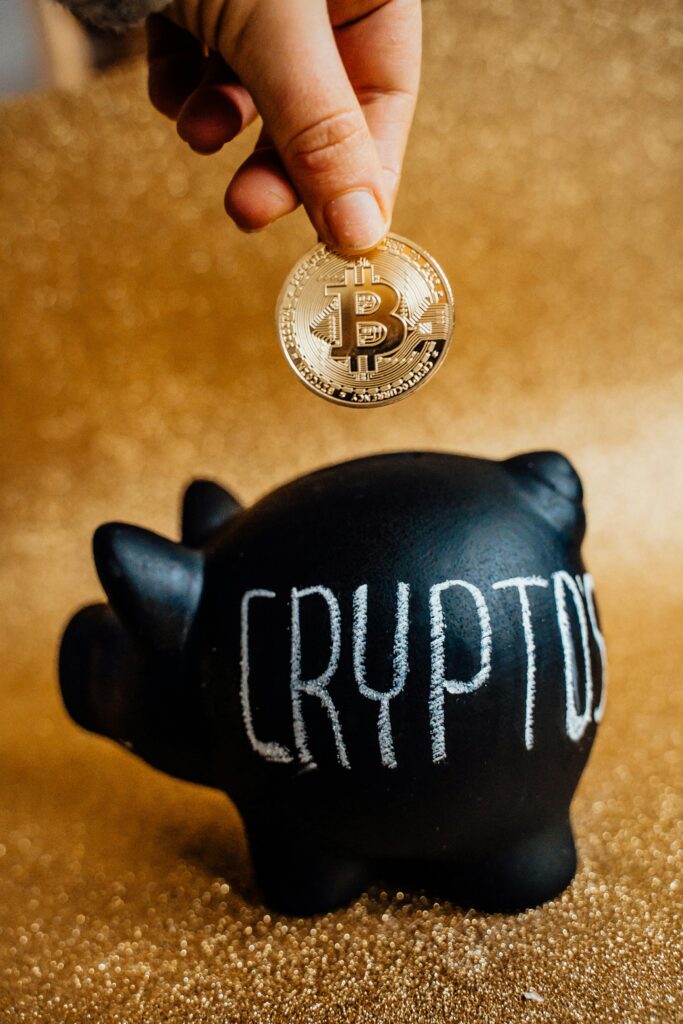We’ve all heard about Bitcoin making people rich or poor overnight. However, there’s something bigger happening with crypto that most people are missing. Instead of just being about money, cryptocurrency is slowly becoming a new form of social currency. This shift represents crypto as a new kind of power that extends far beyond traditional finance. Let me explain what I mean by this.
What is Social Currency?
First, let’s talk about what social currency actually means. Social currency is basically anything that makes you look good in front of other people. For example, knowing about the latest music before everyone else, or having the coolest sneakers. Similarly, in the digital world, having certain NFTs or knowing about specific crypto projects has become a way to show your status.
Moreover, this isn’t just about showing off. Social currency helps people connect with others who share similar interests. Therefore, when someone mentions they own a particular cryptocurrency, they’re often signaling that they belong to a certain community.
How Crypto Became Social
Originally, crypto was just meant to be digital money. Nevertheless, something interesting happened along the way. People started using it to express their identity and connect with like-minded individuals.
Furthermore, platforms like Discord and Twitter have become gathering places for crypto communities. Here, people share their latest purchases, discuss market trends, and build friendships. As a result, owning certain cryptocurrencies has become less about the technology and more about being part of a group.
Additionally, the rise of profile picture NFTs on social media platforms has made this trend even more obvious. When someone changes their Twitter profile picture to an expensive NFT, they’re essentially wearing a digital designer outfit. Consequently, this has created new forms of social hierarchy based on digital ownership.

The Community Effect
What makes crypto different from traditional investments is the community aspect. For instance, when you buy Apple stock, you don’t automatically become part of an Apple stockholder community that meets online every day. However, when you buy into a crypto project, you often join Discord servers, Telegram groups, and follow specific Twitter accounts.
These communities create strong bonds between members. As a matter of fact, many people have found their closest friends through crypto communities. Therefore, the value of a cryptocurrency often depends not just on its technology, but on how strong its community is.
Moreover, these communities often create their own culture, language, and inside jokes. This makes members feel special and part of something exclusive. Consequently, people become emotionally attached to their crypto investments in ways they never would with traditional stocks or bonds.
The Status Symbol Element
Just like luxury cars or designer handbags, certain cryptocurrencies have become status symbols. For example, owning Bitcoin shows you were early to the game. Meanwhile, having rare NFTs displays your taste and wealth. Similarly, being involved in the latest DeFi protocol proves you’re technically savvy.
However, this status game has both positive and negative effects. On one hand, it encourages people to learn about new technologies and financial concepts. On the other hand, it can lead to people making poor financial decisions just to fit in or look cool.
Furthermore, the pressure to always be involved in the next big thing can be exhausting. Therefore, many people find themselves constantly chasing new projects, not because they believe in them, but because they want to maintain their social status within the community.

Real-World Applications
This social currency aspect of crypto has real business applications. Companies are starting to realize that launching a cryptocurrency or NFT collection isn’t just about raising money. Instead, it’s about building a community of loyal customers who feel personally invested in the brand’s success.
For instance, many fashion brands have launched NFT collections not primarily for the revenue, but to create a exclusive club of customers. These customers then become brand ambassadors who promote the company on social media. As a result, the NFT serves as both a product and a marketing tool.
Additionally, some restaurants and clubs now offer special perks to people who own specific NFTs or cryptocurrencies. This creates a new form of membership program that feels more exclusive and modern than traditional loyalty cards.
The Risks and Rewards
Like any social trend, using crypto as social currency comes with both benefits and dangers. On the positive side, these communities can provide valuable education, networking opportunities, and genuine friendships. Many people have learned about technology, economics, and investing through their involvement in crypto communities.
However, the social pressure can also lead to poor decision-making. When everyone in your group is buying a particular cryptocurrency, it becomes hard to think objectively about whether it’s a good investment. The dynamic nature of crypto markets can amplify these social pressures, making it even more challenging to separate emotional decisions from logical ones. Consequently, people sometimes risk more money than they can afford to lose just to stay relevant in their social circle.
Moreover, the fast-moving nature of crypto trends means that what’s popular today might be forgotten tomorrow. Therefore, basing your identity too heavily on crypto ownership can be emotionally and financially risky.

Looking Forward
As crypto continues to evolve, we’ll likely see even more integration between digital assets and social identity. Virtual reality platforms are already experimenting with crypto-based economies where your digital assets determine your status in virtual worlds.
Furthermore, as younger generations grow up with crypto, they’ll probably view digital ownership as naturally as we view physical ownership. This could lead to entirely new forms of social interaction and community building.
However, it’s important to remember that while crypto can be a fun way to connect with others and express yourself, it shouldn’t be your only source of social validation. The most successful people in crypto are those who participate in the community while maintaining a healthy perspective on risk and identity.
Conclusion
Cryptocurrency has evolved far beyond its original purpose as digital money. Today, it serves as a new form of social currency that helps people express their identity, connect with communities, and signal their status. While this creates exciting opportunities for connection and learning, it also brings new risks that we need to be aware of.
Whether crypto continues to grow as a social phenomenon or eventually returns to being purely financial remains to be seen. Nevertheless, understanding this social aspect is crucial for anyone trying to make sense of why crypto has become such a cultural force beyond just investment returns.
Learn more about cryptocurrency basics at Coinbase Learn or explore the latest trends at CoinDesk. For community discussions, check out r/cryptocurrency on Reddit.




